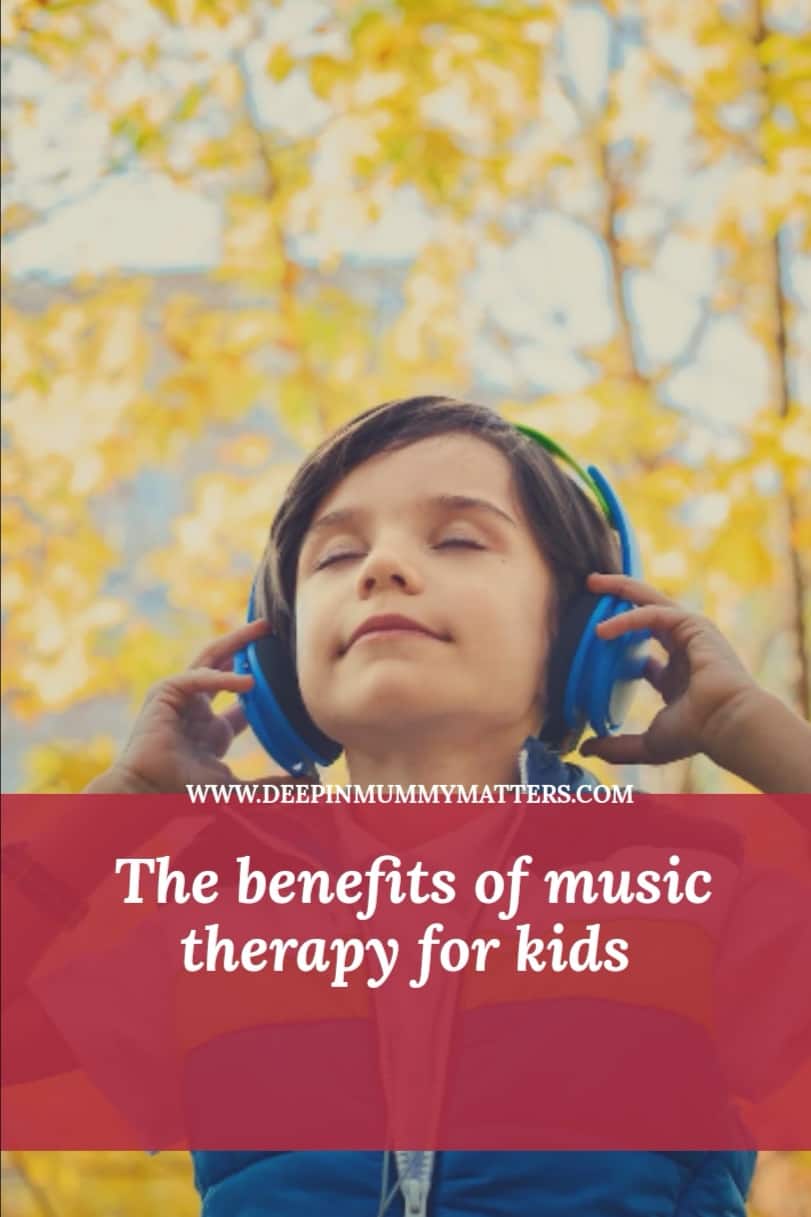How it Makes a Difference
The power of music has been known for many years to have an impact on people’s well-being. Music therapy is an evidence-based way of using music in a clinical atmosphere for a particular patient in need, with the expected result of accomplishing the patient’s objectives.
Studies have proven that some music therapy methods provide patients with better moods and improved speech and can even help alleviate pain. It has far-reaching benefits and impacts, essential for positive growth and development, particularly in children.
Reduces Stress and Anxiety
A published study from 2005 that was done found many benefits of music therapy for children, the first being that is using music therapy has resulted in patients’ reduced stress and anxiety.
Since music can ignite responses in our bodies through feelings and emotions, it can elevate, releasing endorphins and helping produce a state of mental relaxation. It distracts the patient from thinking about things that cause stress to improve the mood and create a positive, content atmosphere. The key for the therapist would be to find the type or style of music that works best to put the patient’s mind at ease.
Reduces Aches and Pains
Music also has this incredible healing power to decrease surgical and chronic pain. Playing music to reduce anxiety helps patients undergoing procedures, treatments, and surgeries tend to be more relaxed and, therefore, have an easier recovery.
Helps Children with Disabilities
Music is used as a natural therapy for many different diseases, even showing benefits for severely physically or cognitively impaired, such as handicapped children. In this study covered by The Huffington Post, you see Jonah, a boy who was born blind and with developmental disabilities, learn to tie his shoe with the use of Music Therapy. The music therapy guiding him makes him more involved and seemingly happier.
Before Jonah started music therapy, he was unable to read braille. In working with his music therapist, he has started learning to read and vocalise a few words at a time, which is a huge increase in his communication skills. His parents used various other strategies to assist him with progress, but only music therapy has succeeded in helping him live a more fulfilled life.
Assists Children with Delayed Speech or Autism
Another study done in 2010 on the effects of music therapy in children shows that those who have delayed speech and social skills have benefited from the use of the therapy. Music is used as a way to understand words and language. Language development that was delayed in children, especially young children, as this was done with 3 to 5-year-olds, was found to give those children more ability in forming words and speech after music therapy than before, suggesting that music therapy is a good form of learning communication.
Likewise, children with autism have also found solace in Music Therapy. It aids those children with auditory stimulation and can even assist in addressing sensory issues and helping with their language and speech.
Developmental Disabilities and Memory Retention
Within that same study, you find that music therapy has been utilized with children who have other developmental disabilities, not just with speech. Music therapy shows imitation, which is essential in children’s learning repetition and has a profound impact on their development.
The repetition of lyrics, rhythms, and melodies all assist in the memory recall part of the brain. This has been shown to improve memory since the brain is getting a workout. The sooner a child is introduced to this, the risks for dementia and Alzheimer’s decrease.
Coordination and Fine Motor Skills are Enhanced
As a parent, it is worth taking the extra time to involve your child in music studies and music lessons. Specifically, consider instruments like the guitar that require fine motor skills, which improves coordination within children. As a form of music therapy, playing an instrument can create the same advantages as having a therapist play the music in some instances. Some children are more “hands-on” and would like that approach.
Though to use music therapeutically, it’s important that any child taking lessons be as comfortable as possible. There are great options, like Music To Your Home’s private online instrument lessons, where instructors can come directly to a student’s home – either virtually or they do have a socially distanced in-person option – to allow a child to learn in the comfort of their environment. Additionally, learning a musical instrument can provide children with higher math scores, as well as provide them with a positive, creative outlet where they can express emotions and feelings, on top of gaining a higher level of self-esteem as they conquer a new skill.
Music Therapy Makes a Positive Difference
Children who struggle developmentally, as well as those with imperative disabilities and those without all, can find advantages through the use of Music Therapy. It aids in helping to manage stressful situations and allows children to express themselves. It is always important to take time to research and explore the options for therapy with children, and Music Therapy is a wonderful tool to make an impact on improving growth and development in children.

